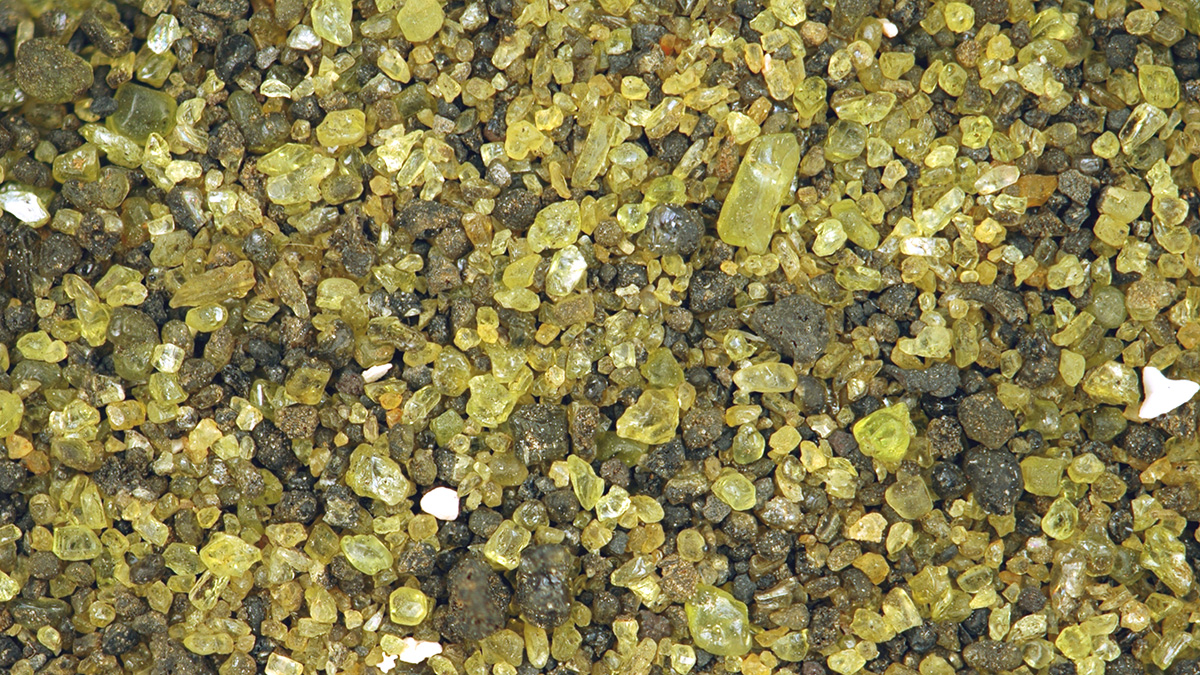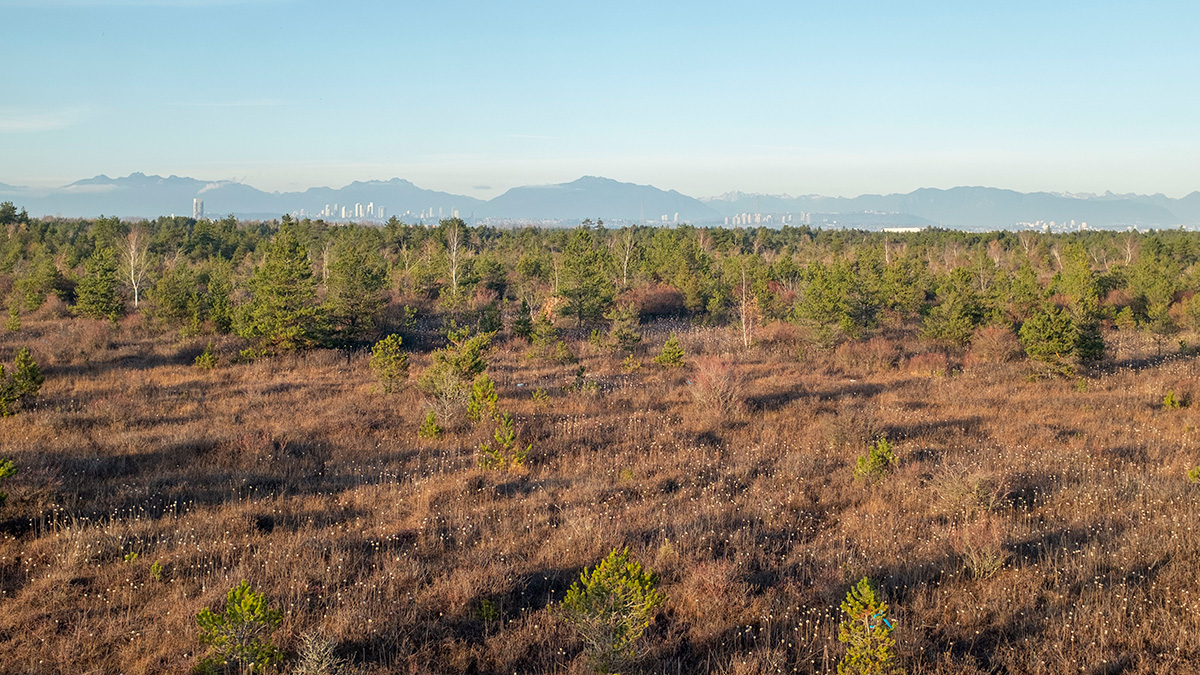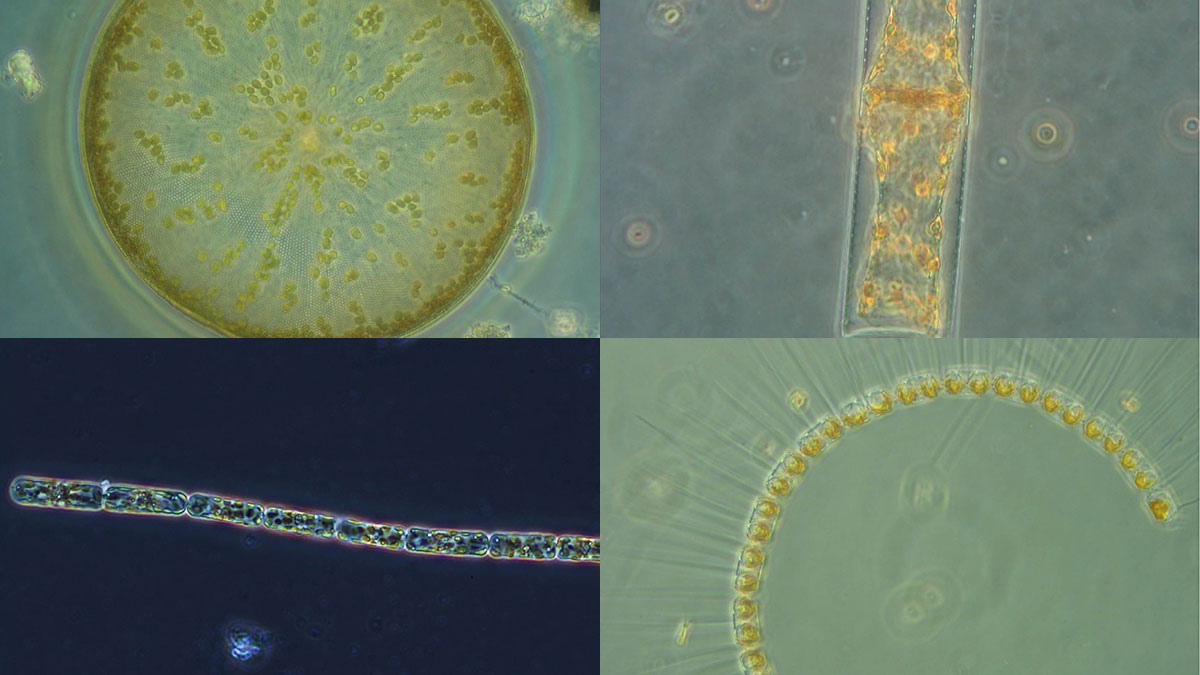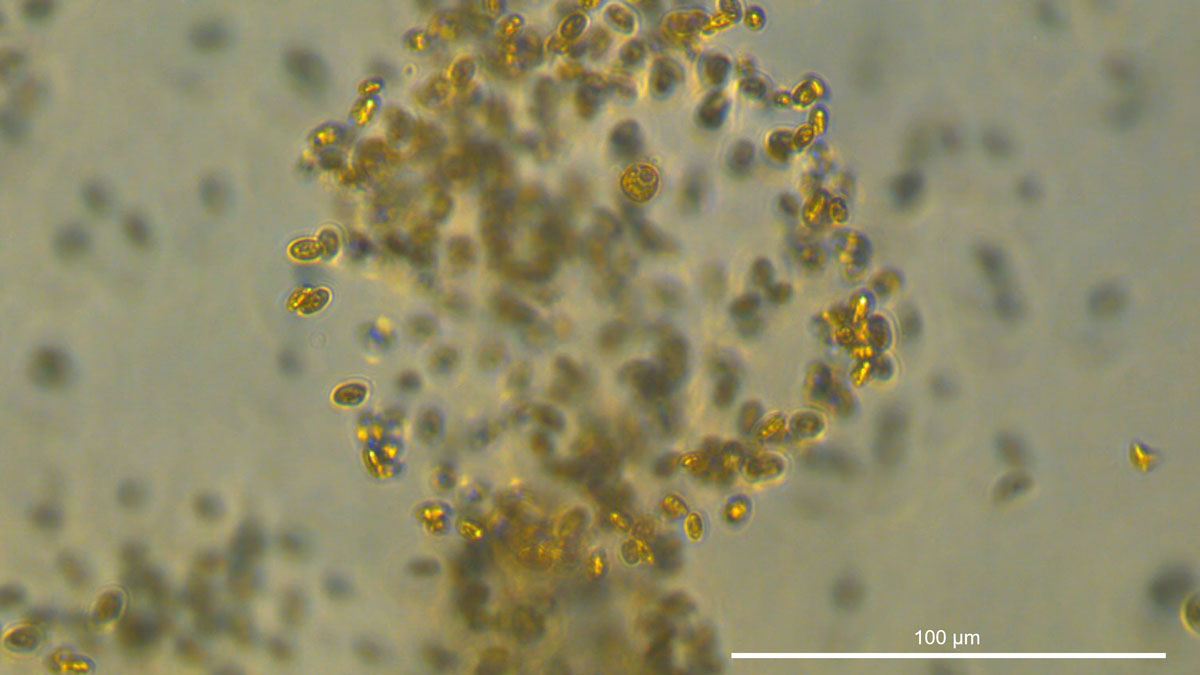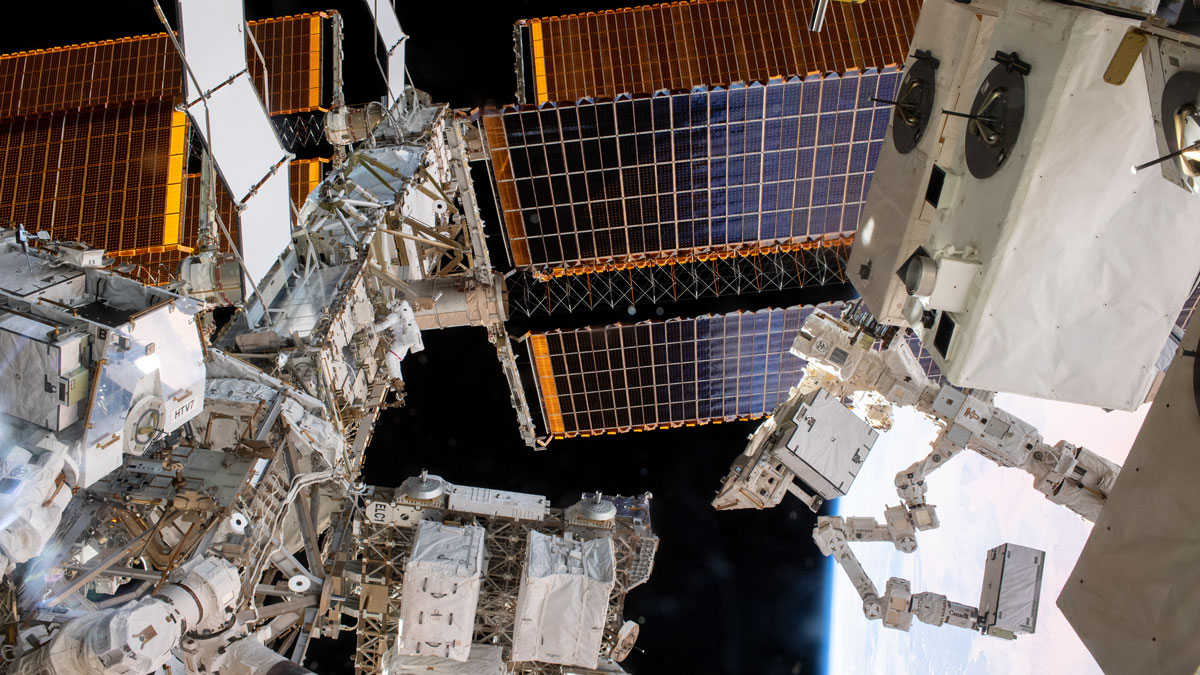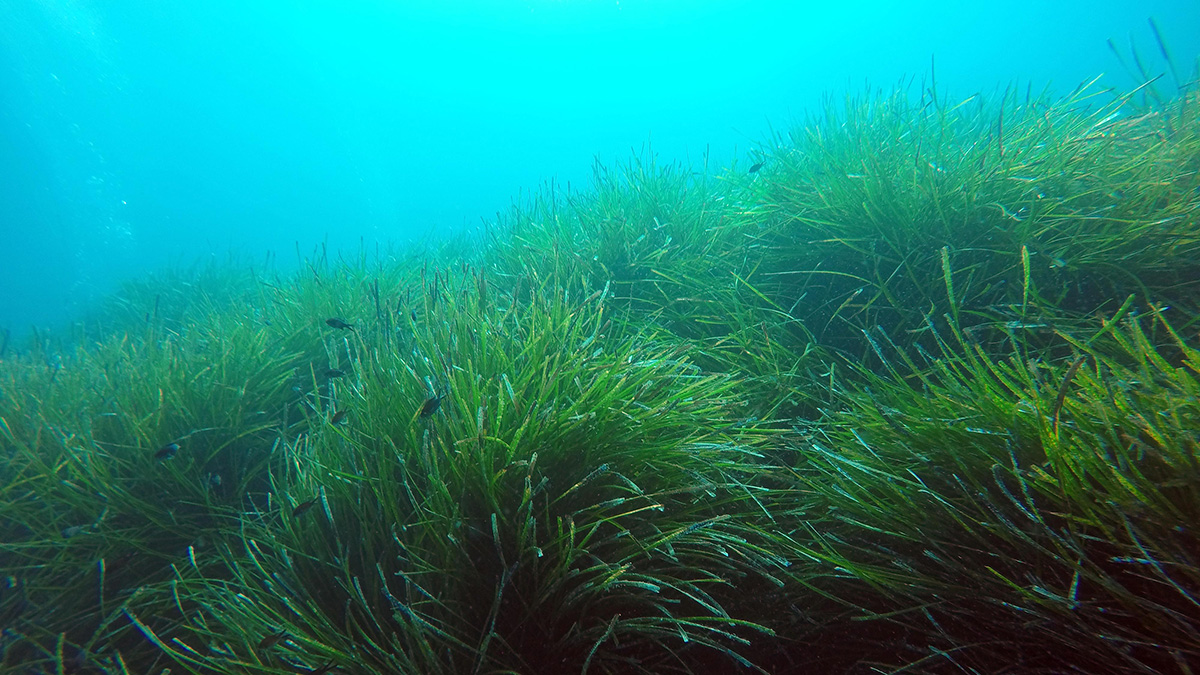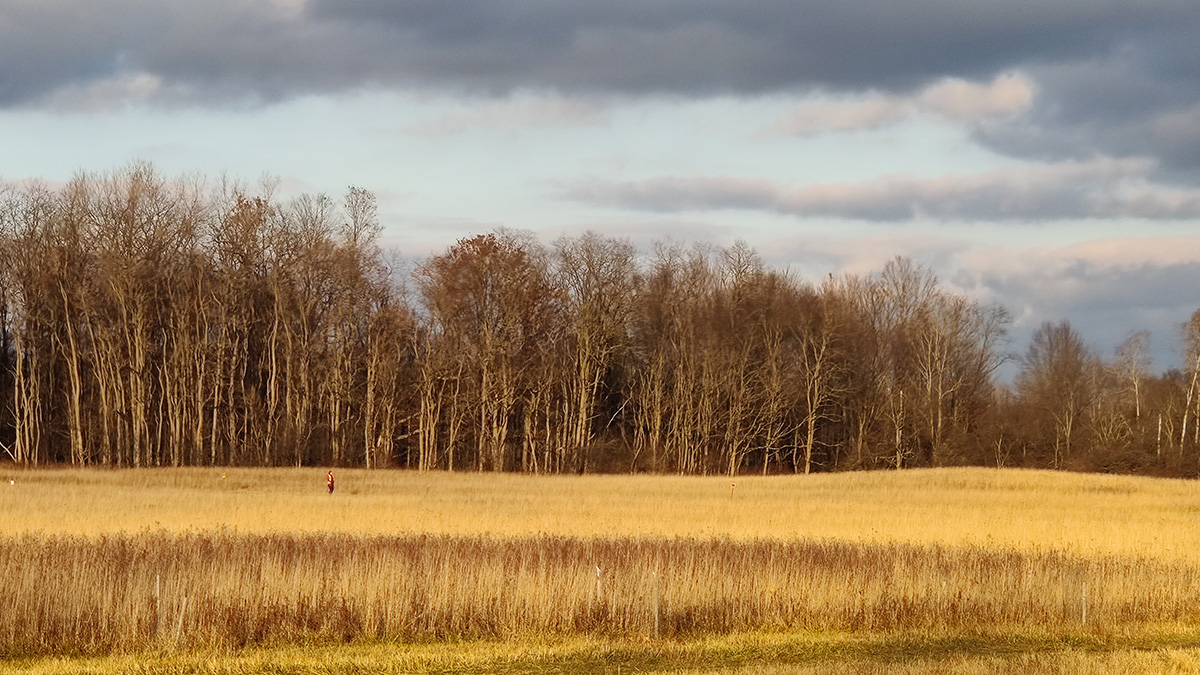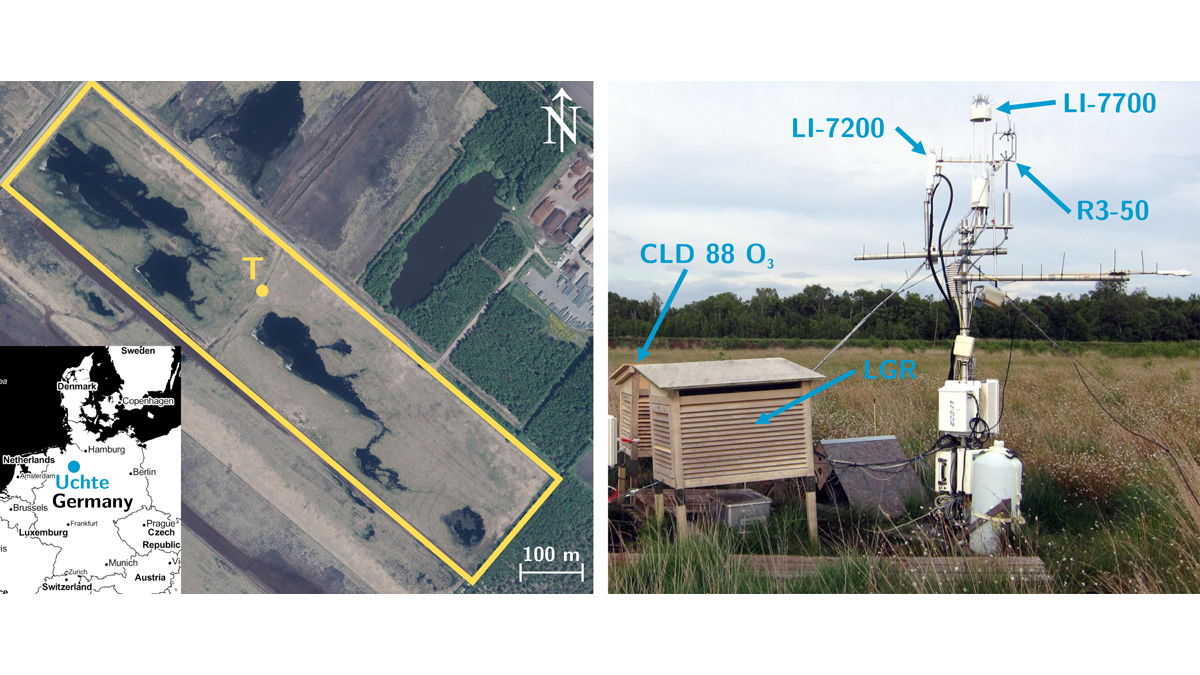Spreading olivine on beaches could accelerate ocean uptake of carbon dioxide and potentially limit climate change. The concept and execution still face some scrutiny from scientists.
carbon capture & sequestration
Exploring Carbon Emissions in Peatland Restoration
Rewetting bogs can increase methane emissions in the short term, but ultimately the approach helps restore peatlands and create larger carbon sinks.
Ocean Acidification May Drive Diatom Decline
Diatoms contribute to global oxygen production, marine food webs, and carbon sequestration, but scientists predict that diatom populations will decline due to ocean acidification associated with climate change.
Peeking at Peatlands: Satellite Data Fuel New Findings
Researchers are combining hard-to-get field measurements with satellite imagery to gain new insight into where peatlands are and how they work.
The Ocean Is Still Sucking Up Carbon—Maybe More Than We Think
Recent studies looking at carbon-sequestering microbes suggest we still have a lot to learn about the ocean’s biological carbon pump.
Scientists Fight to Keep Lidar on the Space Station
Remote sensing experts may lose a key tool in the fight against climate change.
Mortality of Seagrass Meadows May Not Kill Their Methane Release
New research indicates that seagrasses continue to release methane even after they die, complicating blue carbon initiatives.
Tree Carbon Data That Ring True
An international group of researchers may have found a way to better account for carbon storage in forests.
Forest Edges Are More, Not Less, Productive Than Interior Forest
The boundaries of northeastern U.S. forests suck in more carbon dioxide than previously thought.
Being Cool is a Slow Ride When You’re a Restored Wetland
Restoring formerly drained peat wetlands can mitigate climate-warming emissions but the reward takes patience.

